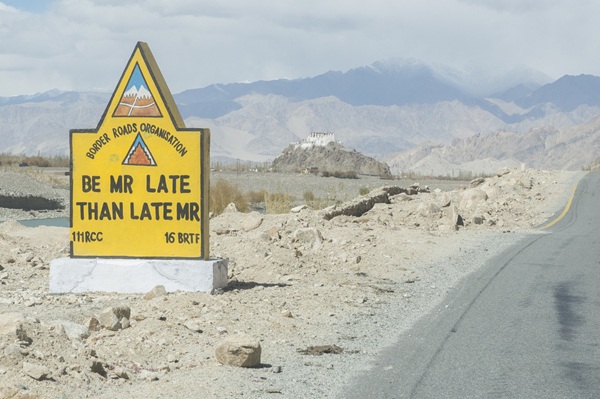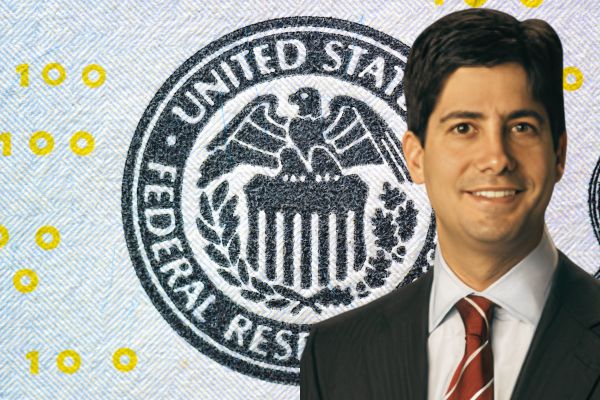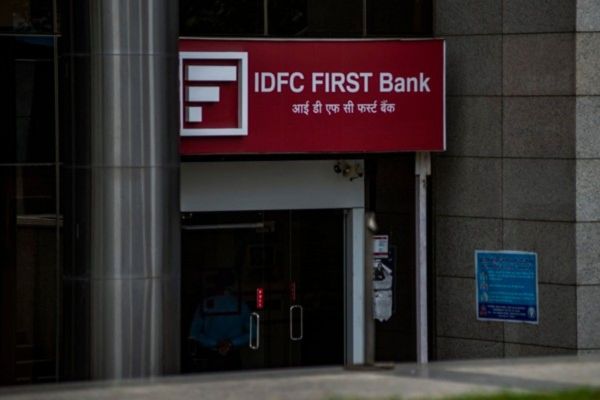.png)

Kirti Tarang Pande is a psychologist, researcher, and brand strategist specialising in the intersection of mental health, societal resilience, and organisational behaviour.
September 29, 2025 at 12:10 PM IST
By Kirti Tarang Pande
You may think of the arrest of engineer-innovator Sonam Wangchuk and the unrest in Ladakh as a political headline. But it’s more than that. It’s a live ticker tape for a risk metric that current financial models are missing. This is not about distant politics but about the immediate price of a profound psychological dynamic.
We are witnessing the predictable financial consequence of the frustration–aggression principle, as reliable as compound interest and as destructive to balance sheets as a currency shock. It’s time we understand and price this dynamic to protect our assets from India’s most predictable yet un-priced threat.
And that’s where lies our unique opportunity to price what the world’s markets still dismiss as “chaos.” There’s an opportunity for financial innovation in Ladakh’s identity crisis. And India has the intellectual capital to do so.
At the heart of Ladakh’s turmoil lies a simple, potent psychological law: frustration, when prolonged and coupled with a profound sense of injustice, transforms into directed aggression.
The region’s communities, despite historical differences, have united around concrete demands for statehood, constitutional protections, and job security. Each postponed negotiation and each unfulfilled promise since the bifurcation in 2019 has functioned as a psychological deposit into an account of collective grievance.
The hunger strike by Wangchuk was not the start of the problem; it was the moment the account balance became too large to ignore. His arrest under the National Security Act was not a solution; it was a trigger for volatility. When dialogue is perceived as closed, the human spirit seeks alternative and more disruptive channels to be heard. Markets don’t crash when bonds break. They crash when people do.
The financial translation of this is what I call the Identity Risk Premium, a hidden cost silently compounding on your balance sheets when dignity is denied. In Ladakh, this premium is already being paid. Tourism-dependent revenues seize up; one wave of unrest can wipe out an entire quarter.
Supply chains crack under blocked highways, leading to shortages and inflated insurance premiums. Human capital erodes as the most talented youth migrate out, draining future growth. This means a plant or logistics hub in an identity-sensitive region carries liabilities that standard due diligence will never reveal. Profit projections that ignore this are not conservative; they are blind. If your P&L doesn’t price dignity, your balance sheet will.
The critical failure of conventional forecasting is its treatment of unrest as sudden and unpredictable. Psychology demonstrates the opposite. The escalation from frustration to aggression follows recognisable patterns.
And patterns can be modelled.
Two leading indicators can already be tracked with precision: the tone and frequency of grievance narratives in local media and community forums, and the gap between what is promised and what is delivered, especially on jobs, education, and infrastructure. Synthesised, these signals can form a predictive tool, which I propose as a Frustration Threshold Index, a VIX for societal stability.
Just as you hedge against commodity swings with futures, you can hedge against unrest with psychology-driven forecasting. Why should India wait for Moody’s to rate its bonds but not for Leh’s frustration? We can build the world’s first social volatility index.
The precedent is already written in India’s economic history. In Kashmir, four months of restrictions vaporised ₹1.35 billion daily. In Manipur, ethnic violence drove retail inflation to 11.6% and slashed local business revenues by over 70%. These are not anomalies; they are case studies proving the direct correlation between blocked aspirations and financial haemorrhage.
They provide the historical data to back-test tomorrow’s predictive psychological models. It’s a simple equation for aspiration, frustration, aggression, and retaliation. Ignoring this math is mispricing financial reality.
The call-to-action mandates ensuring risk committees integrate psychological risk metrics into regional planning. Before approving a new facility, you must ask: What is the Frustration Threshold Index of this district? We must understand that governance delays are quantifiable financial liabilities.
Each day an aspiration is left unaddressed, the Identity Risk Premium compounds. The demand is for a new class of disclosure: transparent accounting of social and psychological risk exposure from the companies and states you fund. The next black swan won’t emerge from Wall Street or Wuhan. It will ignite on a street where dignity has run out of credit.
The psychology of unrest is ultimately the psychology of human dignity unmet. Translating the truth into predictive financial models is India’s next great frontier. The choice is stark: will you be the leader who priced psychology—or the casualty who paid the price?
Also Read:




